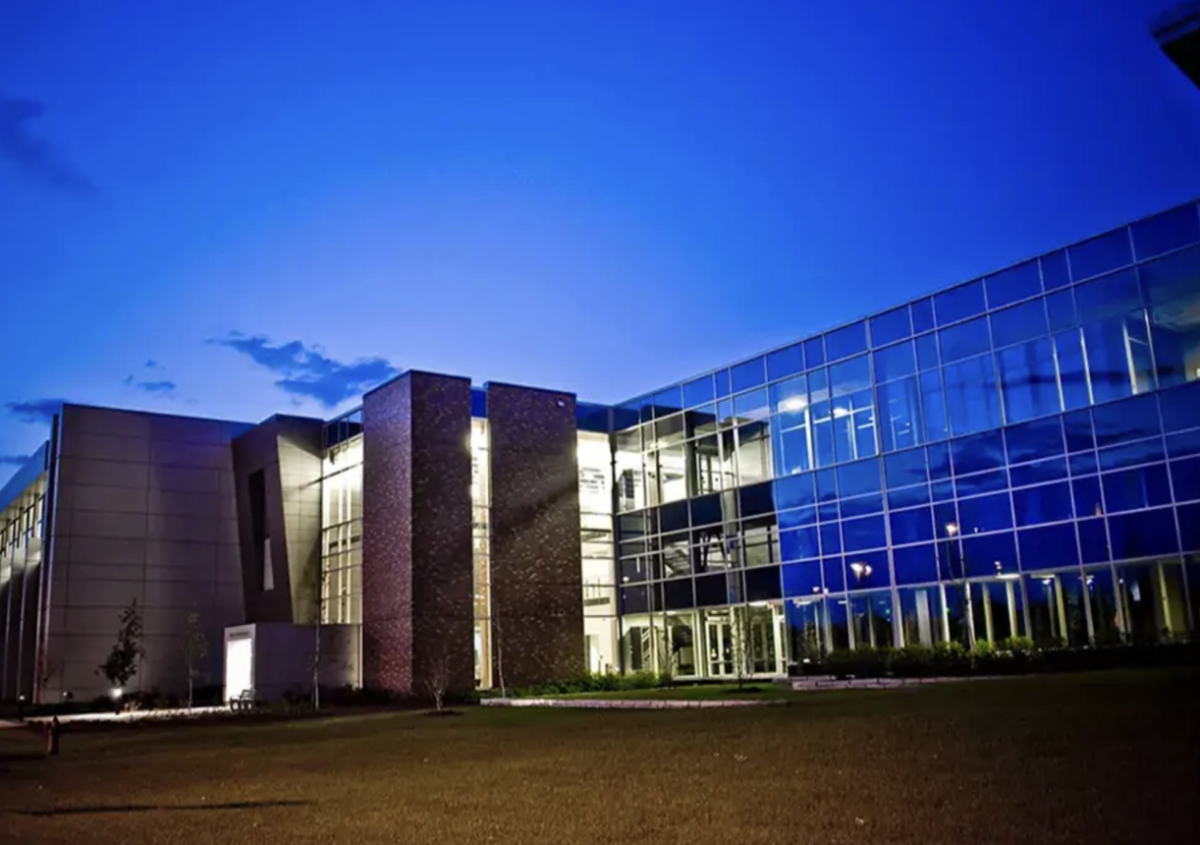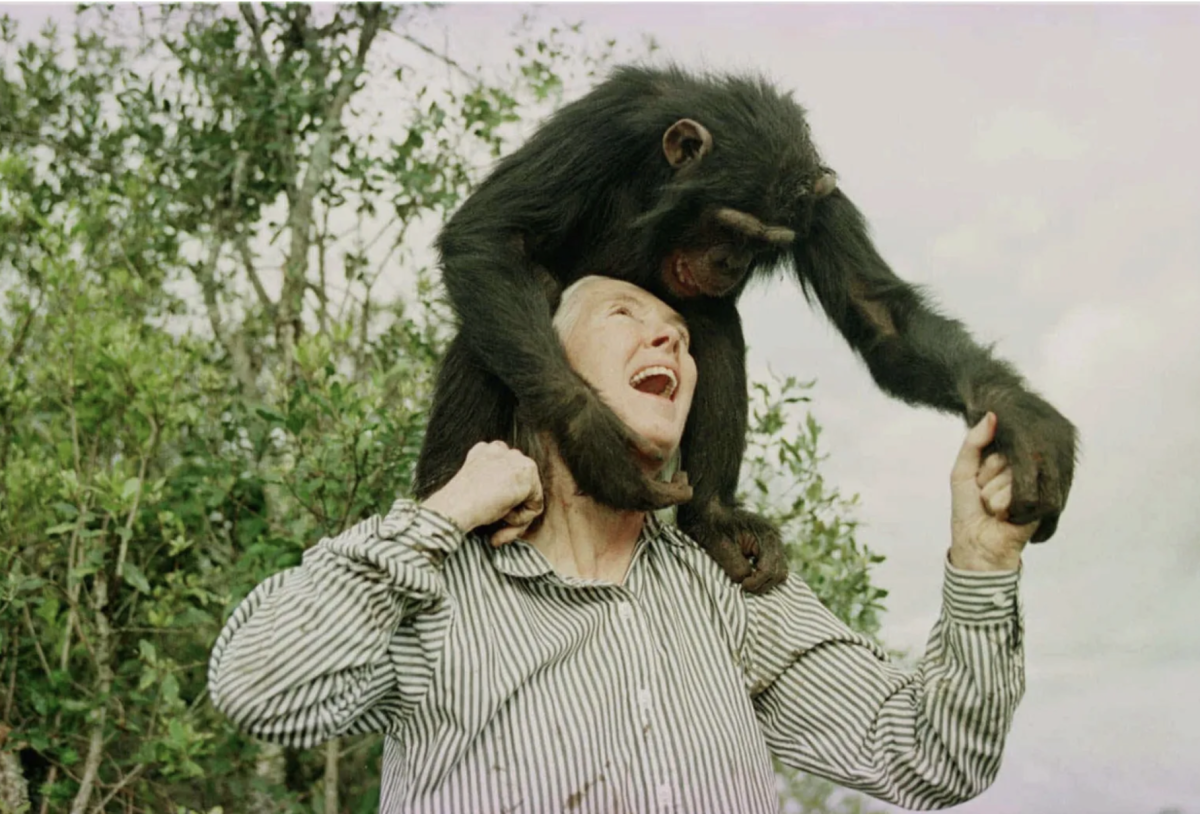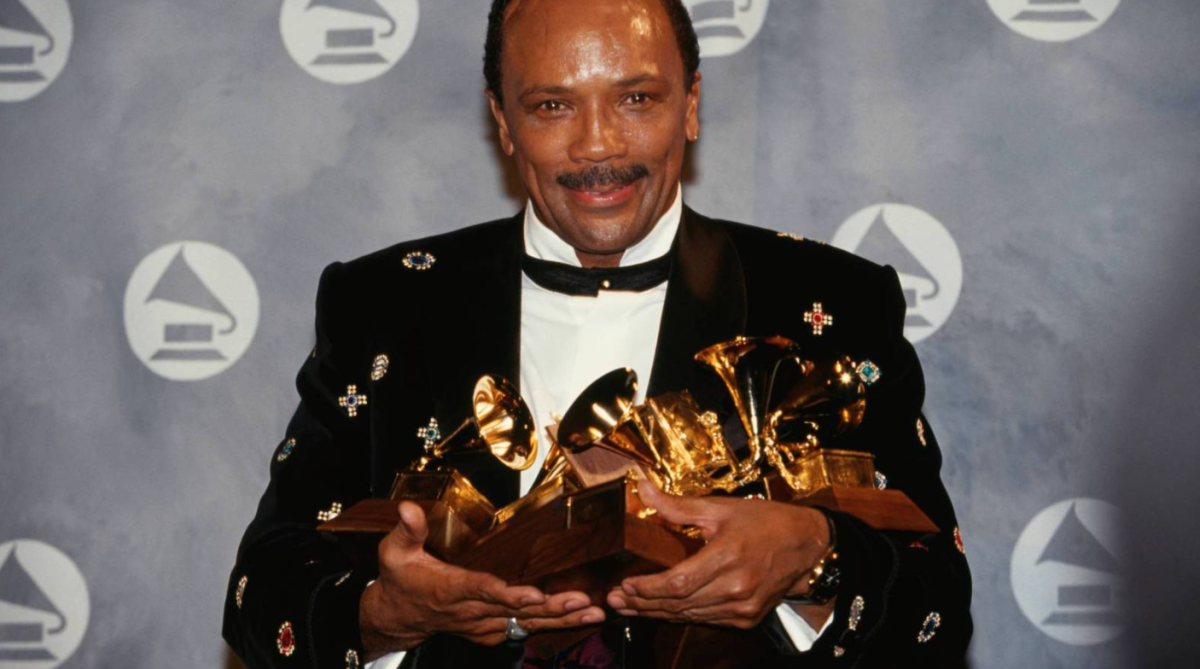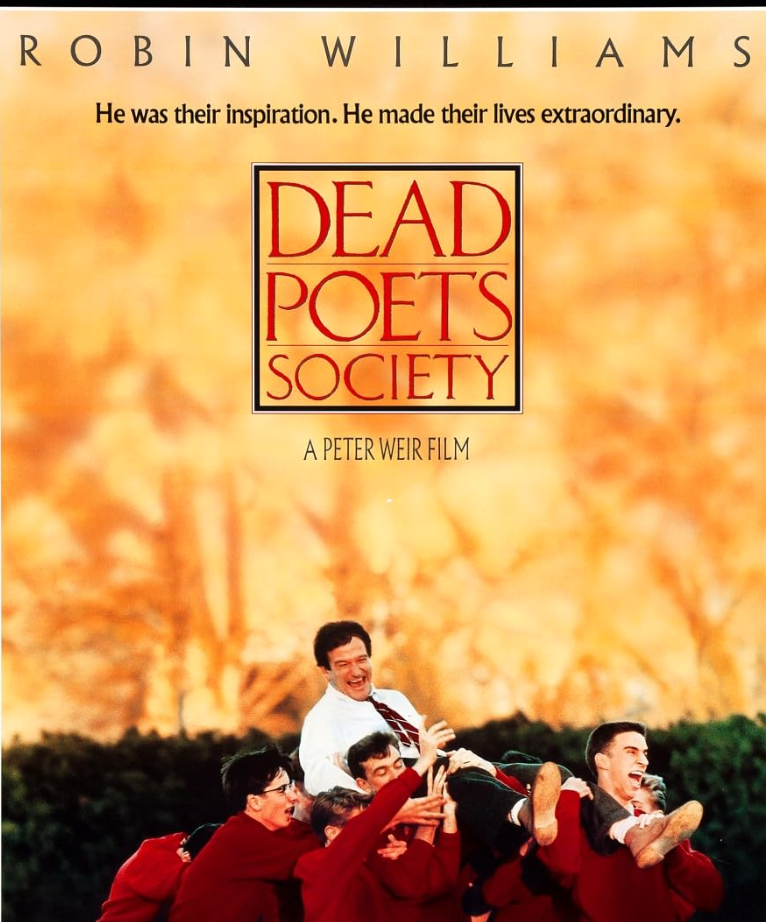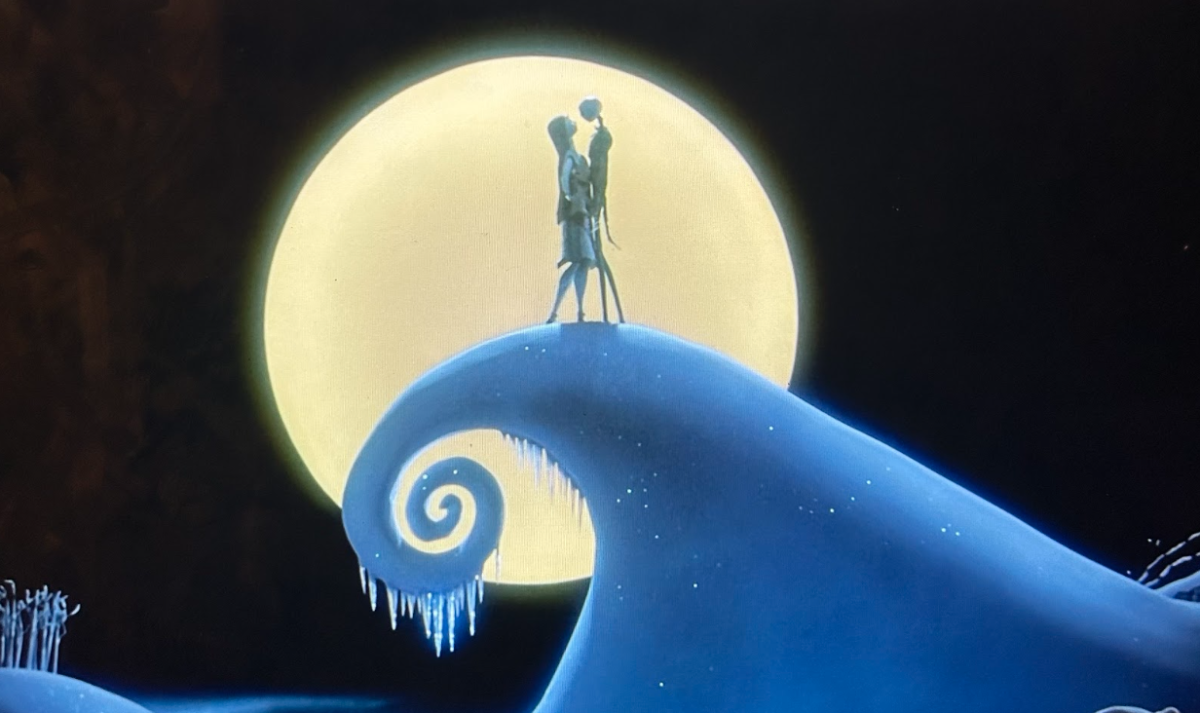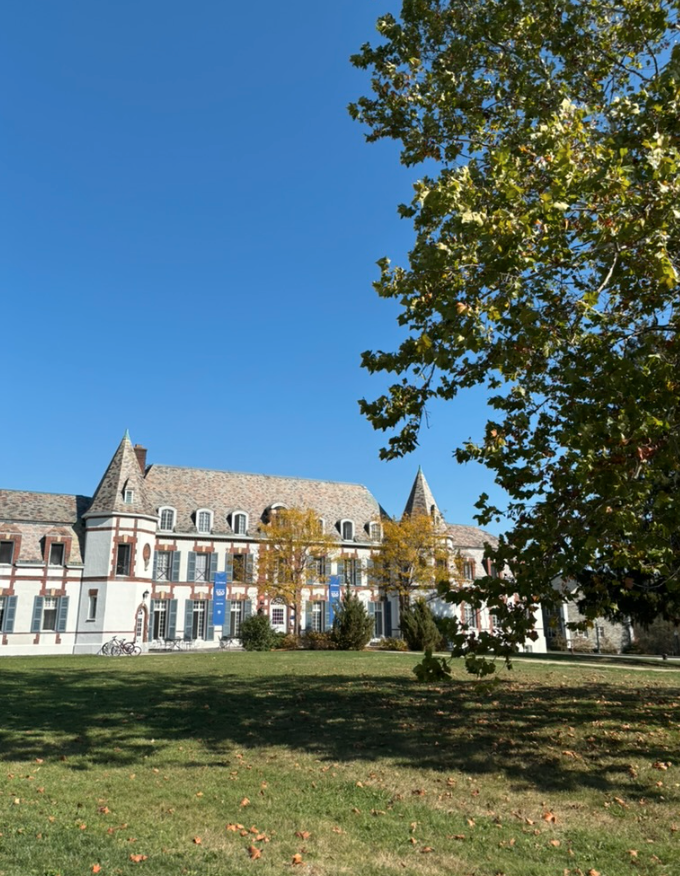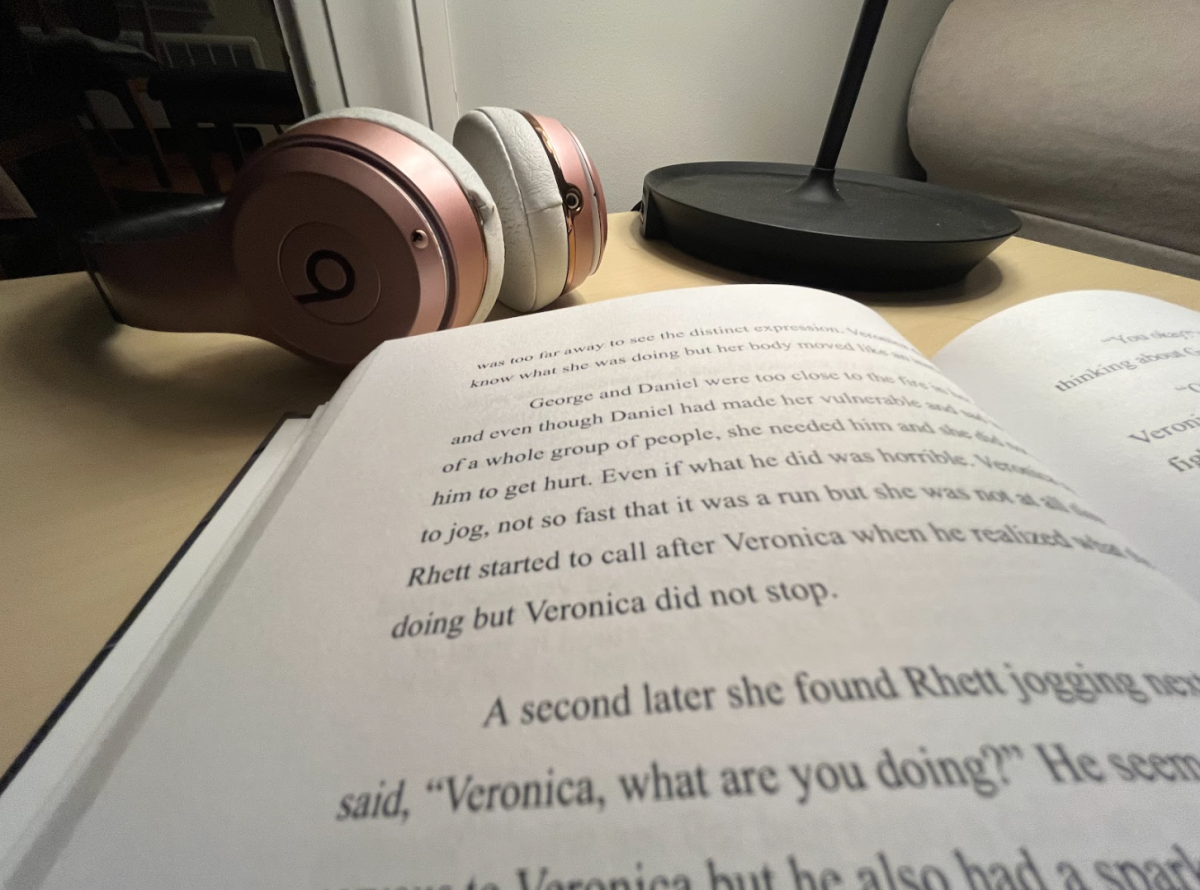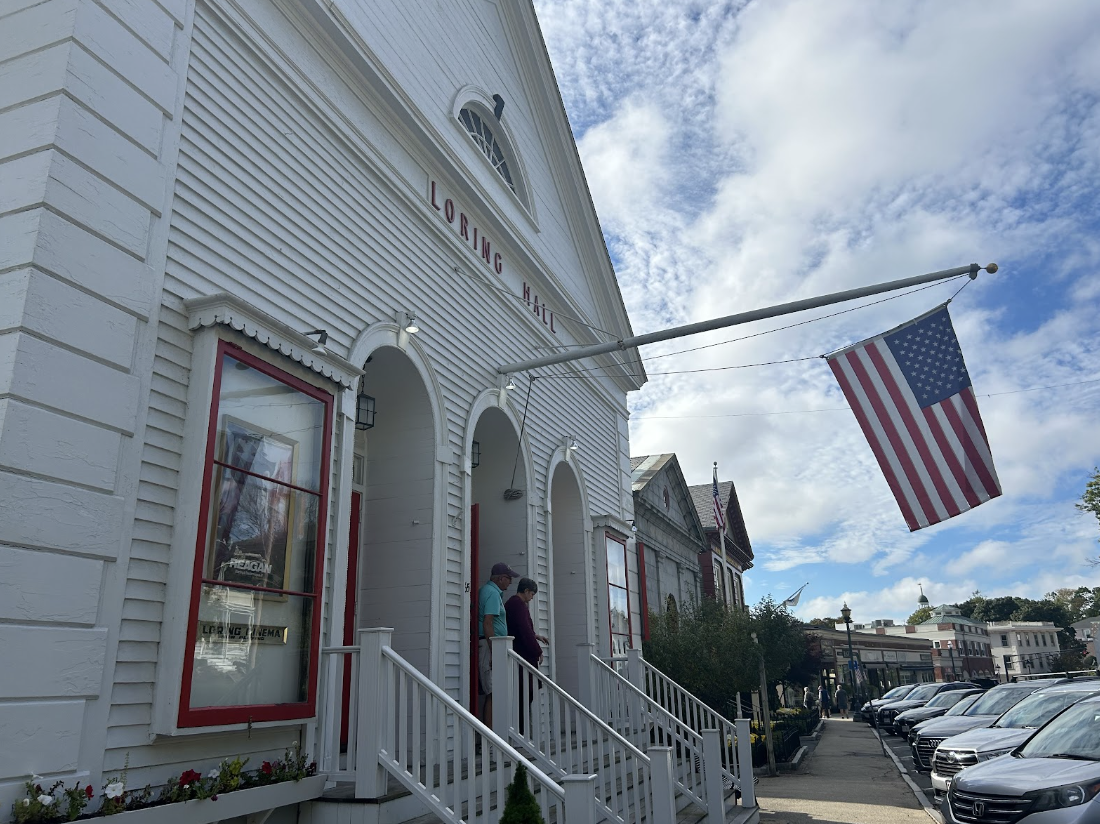I have to be honest— going into this film, I was not optimistic. Having heard of the dismal reviews, the 18% Rotten Tomatoes score, and having seen the paint by numbers trailer, which had an abysmal slow cover of “Everybody Wants to Rule the World” (Why not use the original song!?) I was expecting to waste a bland two hours cringing from an overly-nostalgic propaganda piece that would fail to explore the deeper nuances of what made Ronald Reagan such a compelling American president; someone who could somehow evade scandal and only increase in popularity in the years after his service. Joe Andrews, a senior at HHS, who had heard of the poor reviews says “I don’t think I’ll go to this film, mostly because so many biopics feel the same, and if this one is already getting horrible reviews, it’s probably worse than usual.” However, just as the “Teflon President” was able to survive criticism over his handling of the economy, the AIDs crisis, and the Iran-Contra Scandal through his charismatic charm, so too did this movie overcome my initial skepticism to warm my heart to the brink of tears by the end.
From the beginning, I realized I was somewhat out of place when I set foot into the local Hingham movie theater, Loring Hall Cinema. A large, classic building that has been around for at least a hundred years, the Loring Hall Cinema is a single screen movie theater that only has two movie posters displayed on its exterior at any time. Nate Bradl, a sophomore at HHS says, “It’s a place I’ve been to once or twice with my parents, but if I wanted to see something like Deadpool 3, I probably wouldn’t find it here.” As opposed to its natural counterpart, the Patriot Cinemas by the Hingham Shipyard, Loring Hall is mostly frequented by adults past middle age at showtimes usually when the teenagers who attend blockbuster movies on Friday nights are still in school. So I, one of those teenagers, attending the 1:30 showing of Reagan on a beautiful Saturday afternoon, expected myself to be in the minority. However, as I came to learn, that became part of the charm of watching the film.
Despite having a relatively small budget of 25 million dollars, which the producers of Reagan had to obtain from independent sources, the film managed to compensate for its low production quality through the performances, especially of Dennis Quaid’s Reagan, which has an endearing quality that carried the film. Just as President Reagan opened so many of his speeches, it is only fitting that Reagan began with a joke. Starting with some of Ronald Reagan’s signature charm at a 1981 speech, before quickly segueing into his infamous assassination attempt immediately after, the movie demanded my attention just as President Reagan managed to do by luring people in with the disarming nature of his speeches. Taking a step back to examine his childhood after an intro montage summarizes the entire history of communism in the 20th century, the story of Reagan is framed by the recollections of a soviet spy played by Jon Voight, which is an interesting device that has the potential to delve into the complexities of Ronald Reagan through a critical source.
However, despite a handful of moments where Reagan is visibly frustrated, and two montages dedicated to the history of communism in the 20th century, as well as the public’s criticism of Reagan during his presidency, respectively, the movie does not spend a substantial amount of its time on Reagan’s criticism, focusing more on his triumphs than anything else. I think the movie could have benefitted from dedicating more time to the greater implications of Reagan’s failures regarding the AIDs crisis, racial inequality, and the Iran-Contra scandal by acknowledging that Reagan’s hyperfocus on the communist threat did result in the neglect of pressing social issues in the United States. By understanding why people turned to communism in the first place, instead of dismissing it from the beginning, would have been a compelling extra step in building the anti-communist views of the film, but the relative silence of the film on the perspective of anti war protesters in the 1960s, communists, and AIDs protesters only aids the opposition against Reagan’s ideals.
Nonetheless, despite the lack of depth at times in the film’s portrayal of Reagan’s flaws, the movie does capture the essence of Reagan’s patriotism and unyielding optimism in American ideals that made him the perfect contrast against the totalitarianism of the Soviet Union in the last, hottest years of the Cold War. From his childhood as a religious boy from a small town, to lifeguard, football player, movie star, and politician who still finds time to wear a cowboy hat and ride horses on his ranch, Reagan’s life epitomizes the potential of the American dream, which it seems, for the most part, Reagan strived to expand and protect for as many Americans as possible. Dennis Quaid’s earnestness in his portrayal of Reagan shines through, evoking laughter from his jokes, audible applause when he demands the famous line “Tear down this wall”, and tears when his state funeral crosses the screen shortly after he went horseback riding one last time.
Sitting in the audience of older adults and seniors, all of whom had been alive when Reagan was president, it was powerful to see the tears in their eyes as they saw the footage of the Berlin Wall being torn down once again, and the triumph they felt as Dennis Quaid repeated the president’s speeches assuring Americans that we are right to believe in our democratic dreams. Even yours truly had to hold back some tears at the end, as everyone around me joined in applause of the film. So in conclusion, although President Reagan was a flawed individual who prioritized resisting the Soviet Union above focusing on domestic social injustice, his optimism in the future of America was, and is still infectious, and it would benefit any American to watch this film, for, if nothing else, to take that optimism and apply it to how we act, and carry each other, despite what differing political allegiances we hold.

